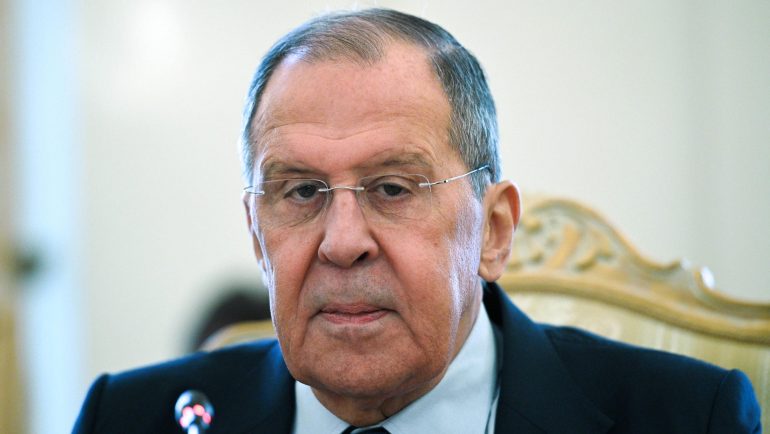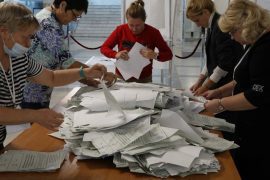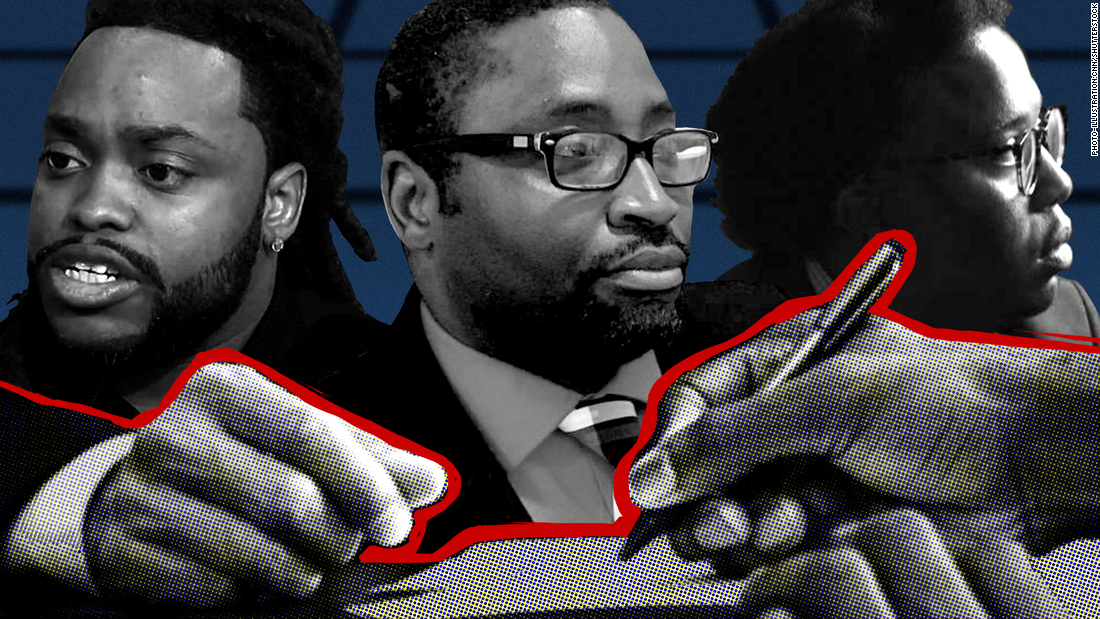Because he is also said to have worked for the Secret Service, NATO withdrew its recognition from Russian diplomats in early October. Moscow was furious – and is now reacting with a clear move.
In a dispute over the derecognition of Russian diplomats, Moscow will cease its permanent representation to NATO in Brussels from early November. The Russian Foreign Ministry announced this on Monday. The work of the NATO Information Office and the NATO military mission in Moscow will also be terminated accordingly. According to the Interfax agency, Russian Foreign Minister Sergei Lavrov said, “NATO is neither interested in equal talks nor in cooperation.”
Federal Foreign Minister Heiko Maas dismissed the allegations during an EU meeting in Luxembourg and recalled proposals that had been on the table for months calling for a new meeting of the NATO-Russia Council. The SPD politician said Moscow’s decision will further prolong the ice age. “It will continue to put a serious strain on the relationship.”
The Western Military Alliance was apparently surprised by Russia’s decision. “We have taken note of Minister Lavrov’s statements in the media, but we have not received any official communication on the issues raised,” NATO spokeswoman Ona Lungescu said. I regret these steps. Lavrov previously said that the coalition had been informed of Russian moves.
Russian spy?
Ten days earlier, NATO withdrew its recognition to eight members of the Russian mission. It was also decided to reduce the maximum size of the Russian mission to ten employees. Reason: The diplomats are said to have also worked for the Secret Service. Under the given conditions, the representation in Brussels could not continue to operate, it was told by Moscow.
Russia’s foreign ministry said that in urgent cases, NATO could turn to the Russian ambassador to Belgium. In turn, the ambassador of a NATO member country to Moscow could determine who would be the contact person for the Russian side in the future. Until recently, three representatives of the international military staff were in Moscow for NATO. In addition, the Office of Military Liaison Mission and Information has very few civilian personnel.
NATO had already issued sanctions against Russian representation in Brussels in 2018: in response to a nerve agent attack in Salisbury, Britain, seven Russian staff were expelled and the maximum size of the Russian delegation was reduced from 30 to 20. was given.
Following the latest measures, NATO Secretary-General Jens Stoltenberg left it open whether Russian officials engaged in classic espionage or simply were not declared Secret Service employees. The decision to withdraw recognition is based on the intelligence service’s own findings, and they do not comment on it, it said. Even then, there was clear criticism from the Kremlin.

Introvert. Proud beer specialist. Coffee geek. Typical thinker. Pop culture trailblazer. Music practitioner. Explorer.




